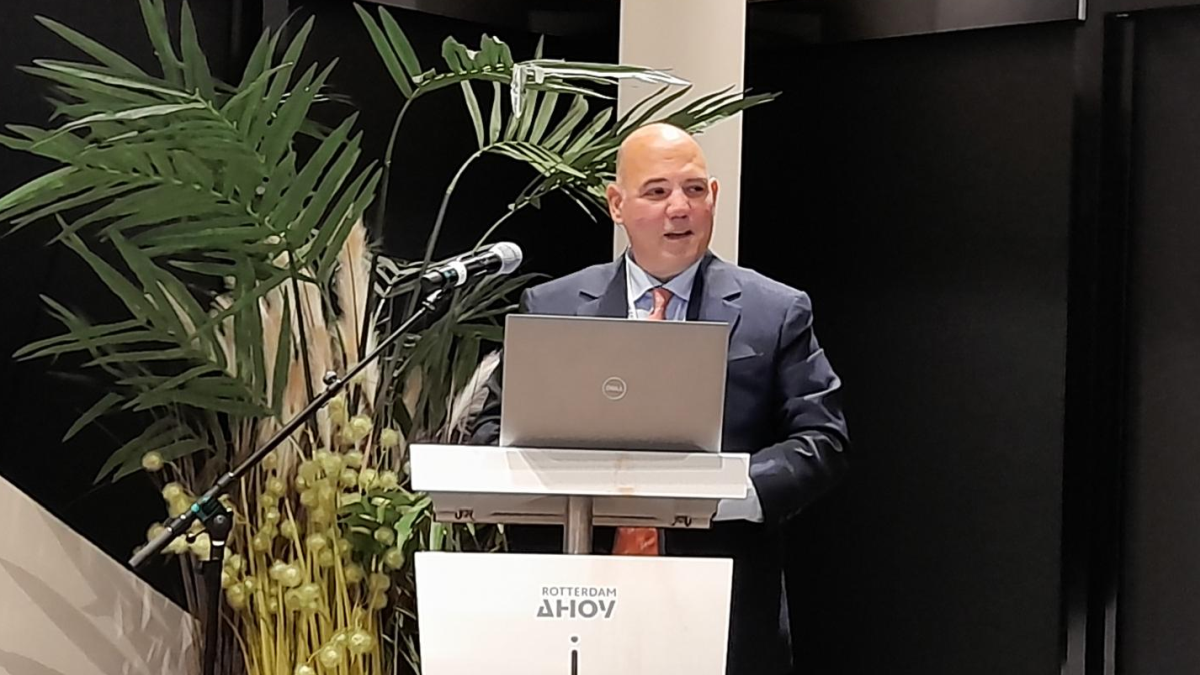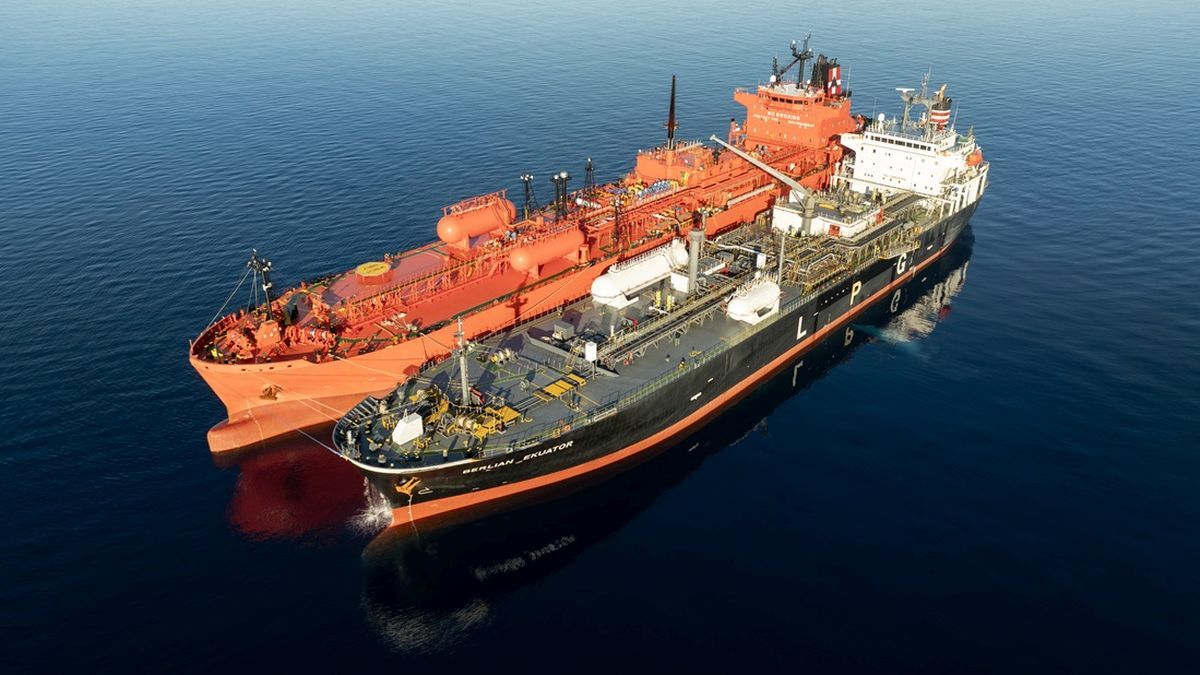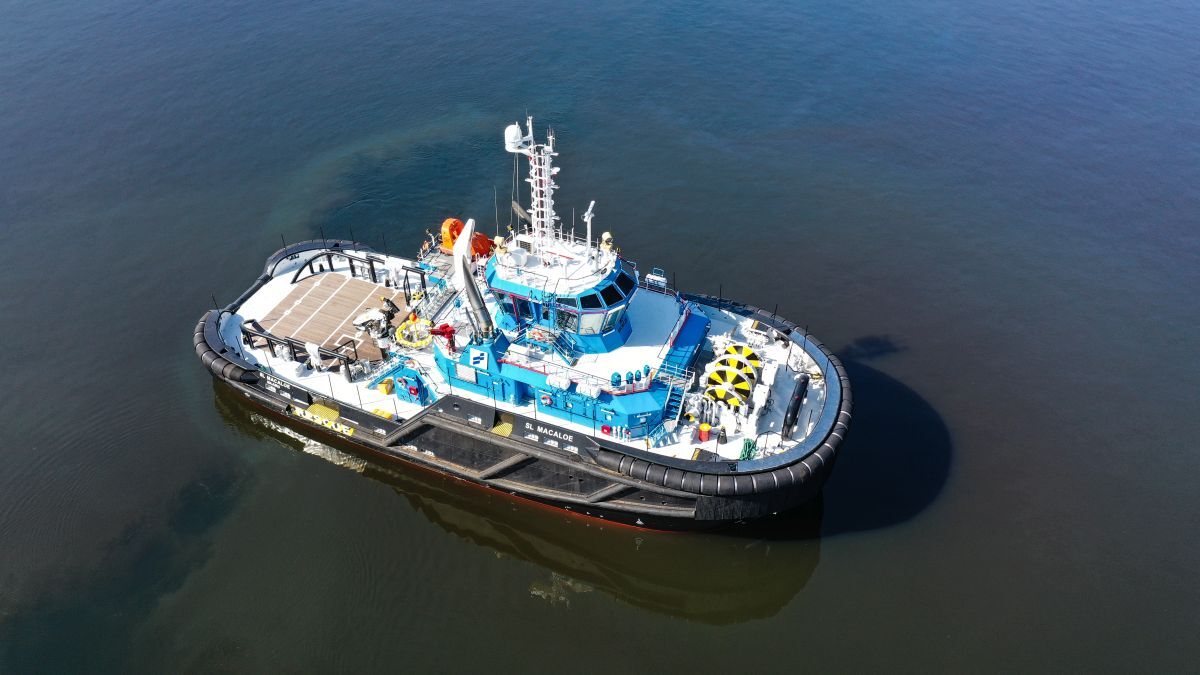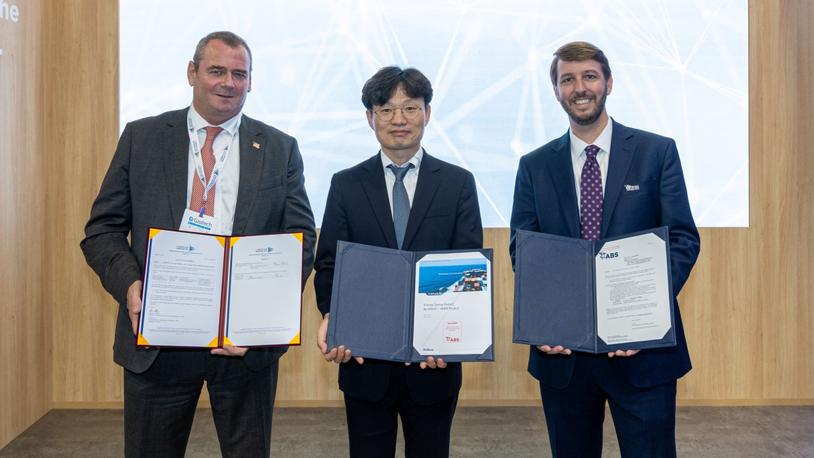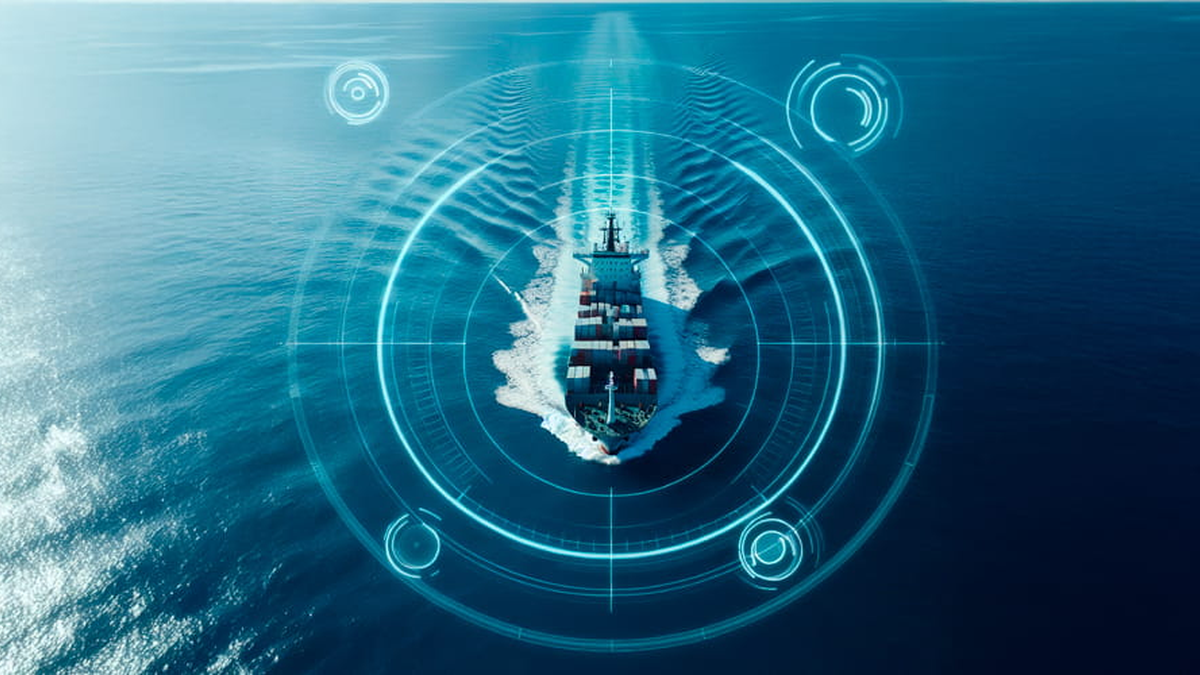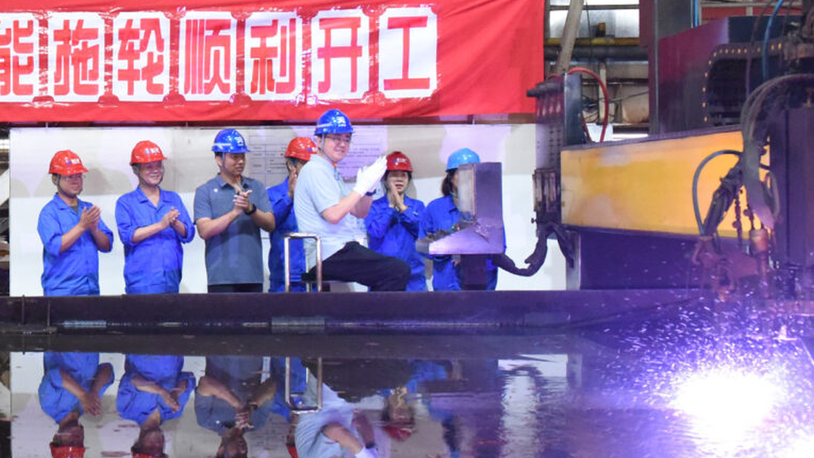Business Sectors
Events
Contents
Register to read more articles.
LENR nuclear power developments presented
Future tugs and workboats could be powered by small modular reactors producing pressure pulses and hydrogen
Two technology developers explained their potential solutions and a classification society described how concepts could be verified and type approved during a seminar to European tug owners in Rotterdam, the Netherlands.
Low-energy nuclear reactors (LENRs) could be installed on large tugs and workboats to drive steam two-stroke engines and supply hydrogen fuel to dual-fuel engines or fuel cells.
Tug owners, designers and builders were presented with these technologies at the European Tugowners Association (ETA) sustainability conference during the Europort exhibition.
Various nuclear technologies were presented by Associazione Italiana Nucleare’s Claudia Gasparrini. She described the difference between nuclear fusion and fission and the different types of small modular reactors that are being developed and tested.
The first likely to be tested on vessels could be LENR units that only require water, metal electrodes and electric currents from batteries to generate pressure energy, hydrogen and steam.
ENG8 investor and Alchemie chief executive Haslen Back said one of its LENR fusion units in a 20-ft container could produce 5 MW of power to drive steam-powered engines and produce hydrogen and oxygen for combustion engines or fuel cells.
These energy cells have been developed, tested and verified during the past six years, with work underway to test them and gain class approval next year.
DNV was working with ENG8 on verifying the technology up to 2020 and the International Energy Agency validated the thermal quality factor in August 2023.
“We have just signed an engagement to put units on tender vessels in 2024,” said Mr Back.
He said these units could be used on newbuild vessels, especially workboats and tugs, and for retrofit projects. “In tugs, the unit could be on board under a maintenance contract,” he said. The main maintenance requirement would be to exchange the electrodes.
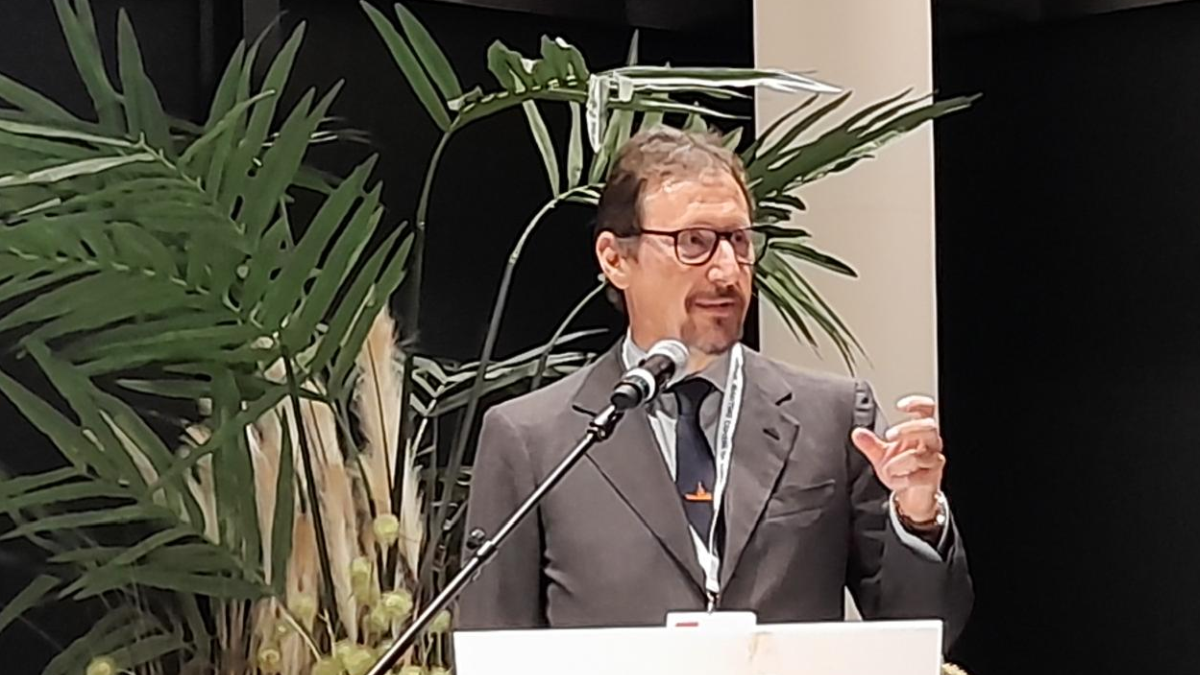
Ground Control Holding (GCH) and Kilometro Rosso in Italy developed Prometheus as an LENR unit that uses seawater and electricity between electrolytes to produce pressure forces and hydrogen.
GCH’s Fabrizio Petrucci presented the UM 3.0 Prometheus unit for the first time during the ETA seminar, adding this was going through testing “to demonstrate replicating endothermic engines for land and sea applications”.
The developers are looking for around US$10M of investment to take this tested concept into practical applications and for partners to manufacturer these energy cells.
“This reactor would use peak pressure to generate kinetic energy, move pistons and turbines, and produce hydrogen for its use,” said Mr Petrucci.
“This LENR only uses water and electricity with no combustion or radioactive emissions.” Its fuel is salt water and the metal electrodes, which would need periodic replacement.
ABS senior engineer Minas Diacakis said development of these technologies would initially require technical feasibility studies, concept verification, prototype validation, technical qualification, system integration and operational qualification.
He expects more activity and new solutions to come in the next few years and regulations and guidelines will be published within three to five years.
ABS could assist with risk assessments, modelling and simulation, technical-economic analysis, technology qualification and approvals in principle.
ETA chairman Alberto Dellepiane said nuclear technologies could play its part in decarbonising shipping, port operations and towage.
“There is more interest in green tugs with electric power and alternative fuels, but all of the technology has issues and are not yet ready,” he said. “We still need to provide safe and efficient towage operations. But, we need to explorer clean energy, including through nuclear options.”
ETA would be ready to work with regulators, class societies, designers, builders, ports and developers to study this technology further.
These technologies could be scaled up for larger vessels and commercial ships in the future when regulations and class can facilitate adoption and installation.
Riviera Maritime Media’s Maritime Decarbonization Conference, Americas will be held 12-13 December 2023 in Houston, USA. Use this link for further information and to register your interest
Related to this Story
Events
Offshore Support Journal Conference, Americas 2025
LNG Shipping & Terminals Conference 2025
Vessel Optimisation Webinar Week
© 2024 Riviera Maritime Media Ltd.


